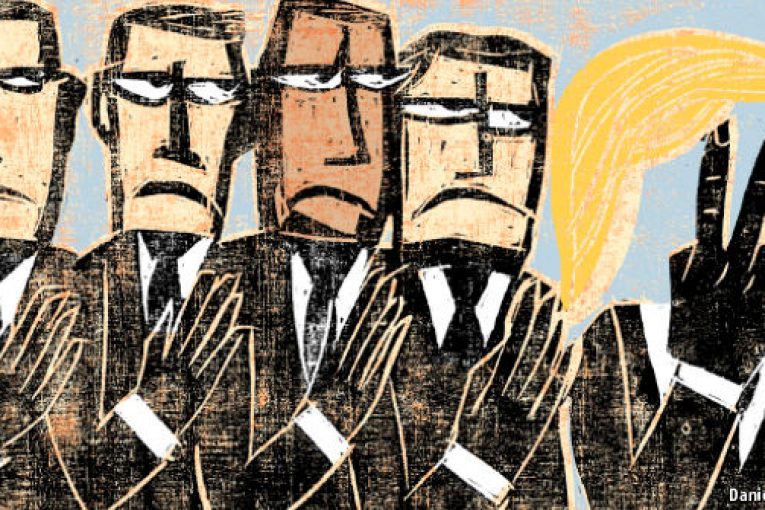
اعداد : دة. روافد محمد علي الطيار، جامعة كربلاء مركز الدراسات الاستراتيجية
- المركز الديمقراطي العربي
- مجلة القانون الدستوري والعلوم الإدارية : العدد العاشر أيار – مايو 2021 ( عدد خاص ) المجلد 3 ، وهي مجلة دولية محكمة تصدر عن المركز الديمقراطي العربي المانيا- برلين.
- تعنى المجلة في مجال الدراسات والبحوث والأوراق البحثية في مجالات الدراسات الدستورية والعلوم الإدارية المقارنة – نشر البحوث في اللغات ( العربية – الفرنسية – الإنجليزية )
للأطلاع على البحث “pdf” من خلال الرابط المرفق :-
المستخلص :
يقوم النظام البرلماني على مجموعة من الخصائص ومنها إن رئيس الدولة ويمثل في العادة (التاج ) لايمارس عملاً حقيقياً بشكل منفرد وبالتالي حيث لاتوجد صلاحية لاتوجد مسؤولية ،إلا إنه بتطور الأنظمة البرلمانية في بعض الدول وخروجه عن خصائصه الاصلية والاتجاه نحو ممارسة رئيس الدولة صلاحيات حقيقية خاصة بعد أن أصبح يتولى المنصب عن طريق الانتخاب المباشر أو غير المباشر وليس عن طريق الوراثة ،وعليه لابد لرئيس الدولة كما تغيرت صلاحياته أن تتغير مسؤوليته بحيث تتناسب مع صلاحياته، إلا إن ماجرى عليه العمل في النصوص الدستورية ،منح رئيس الدولة صلاحيات واسعة دون تحمله مسؤولية أعماله السياسية والاشارة فقط للمسؤولية الجنائية ،مما أخل بالتوازن بين الصلاحيات والمسؤولية ،لذلك لجأ الفقه الدستوري إلى البحث عن طرق غير مباشرة لمساءلة رئيس الدولة ،عن طريق محاسبته أثناء إعادة إنتخابه بعد انتخابة لدورة تالية ،أو عدم تأييد الشعب لموضوع عرضه رئيس الدولة في الاستفتاء العام ،وقد تكون المساءلة عن طريق ممثلي الشعب (البرلمان) من خلال عدم منح الثقة لحكومته أو جبره على الاستقالة وعدم أكمال دورته الانتخابية.
Abstract
In the Name of Allah, the Most Gracious and the Most Merciful ((“And stop them; indeed, they are to be questioned).”(( *As – Saffat 24)
The parliamentary system is based on a set of characteristics, among them is that the president who represent the supreme executive power cannot undertake and practice any actions without the agreement of the parliament, and as result, when there is no authority there is no responsibility. However, after the development of the parliamentary system in some countries and its departure from its original characteristics, the orientation was to give the president the real authority as he is going to take up the position of president through direct or indirect election, and not through inheritance. Therefore, as the authority of the president has changed, his responsibility must also be changed to matching his authority, except for what happened in constitutional provisions, by granting the president wide authority, and there is no responsibility for his political actions but only for the criminal ones, consequently, the balance between authority and responsibility was disturbed. Therefore, constitutional jurisprudence resorted to searching for indirect ways to question the president, that is by enquiring him during his re-election after being elected to a next session, or it may be through the lack of people’s support for giving him the chance for the general referendum, or it may be through inquiring him by the Parliament and not giving confidence to his government or forcing him to resign and not to complete his electoral cycle.
